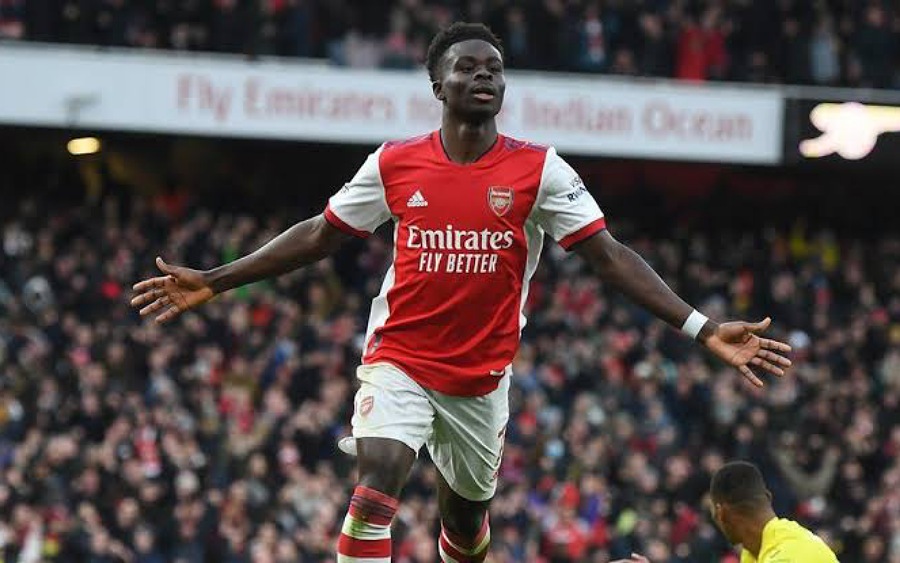What’s the actual value of Saka of Arsenal? Well, it depends If Saka plays for Arsenal and scores goals every week, his valuation goes up; he can be exchanged for €100m (or higher). However, If Saka plays every week for Arsenal but does not score goals, his valuation goes down; he can be exchanged for just €10m.
Same Saka but different valuation, So which is the actual value of Saka? Is €100m overvalued, or is €10m undervalued?
The answer is simple: how many goals does Saka score? Saka’s value is tied to his goals, not to Saka’s potential or promise.
It’s similar to how a currency valuation is tied to net export, not potential or promise, but I digress.
So the rule is simple, and we have two rules
- more games and goals scored lead to a higher valuation, translating to more exchange valuation.
- more games and fewer goals scored, which translates to a lower valuation and exchange value.
If I were Saka’s manager, how would I get his value to €200? Simple, I get him to score more goals
Similarly, if I were the manager of a country and I wanted a higher valuation for my currency, I export more than I import, earning more fx than I spend.
But wait, Kalu; there is another way; if Saka does not score goals, I can loan Saka to another club, then pay a part of Sakas wages while he plays for that new club.
In effect, Saka can be loaned by Norwich for wages of €100m, but Arsenal pays 90% of the salaries. In other words, Arsenal is subsidising Saka to Norwich.
Similarly, the Central Bank Of Nigeria can offer its Reserves to BDCs arguably at a lower price than it acquired them. Whilst the Central Bank Of Nigeria gets a lot of its FX inflow from crude oil sales, it also has borrowed FX from the international market at high APR. When it funds the BDCs, this is an intervention in the market to stabilise the exchange value of the Naira. If the Nigerian economy scored goals, in this case, exporting more crude Oil and gas, which are more than 80% of total exports, then there is a limited need for a subsidy.
Remember, if Arsenal is paying wages of €90m out of a total of €100, then Arsenal bears the cost of Saka. Norwich cost is only €10m.
So, a subsidy disrupts our rules, so let’s rewrite them
- more games and more goals scored mean higher valuation, translating to higher exchange valuation; no subsidy is needed
- more games with fewer goals scored means lower valuation, translating to lower exchange valuation; a subsidy is needed.
Let’s close with this: So, if I were Saka’s manager, how would I get his value to €200? Simple, I get him to score more goals or Subsidize him with €180m
Do Follow on @FinPlanKaluAja1








